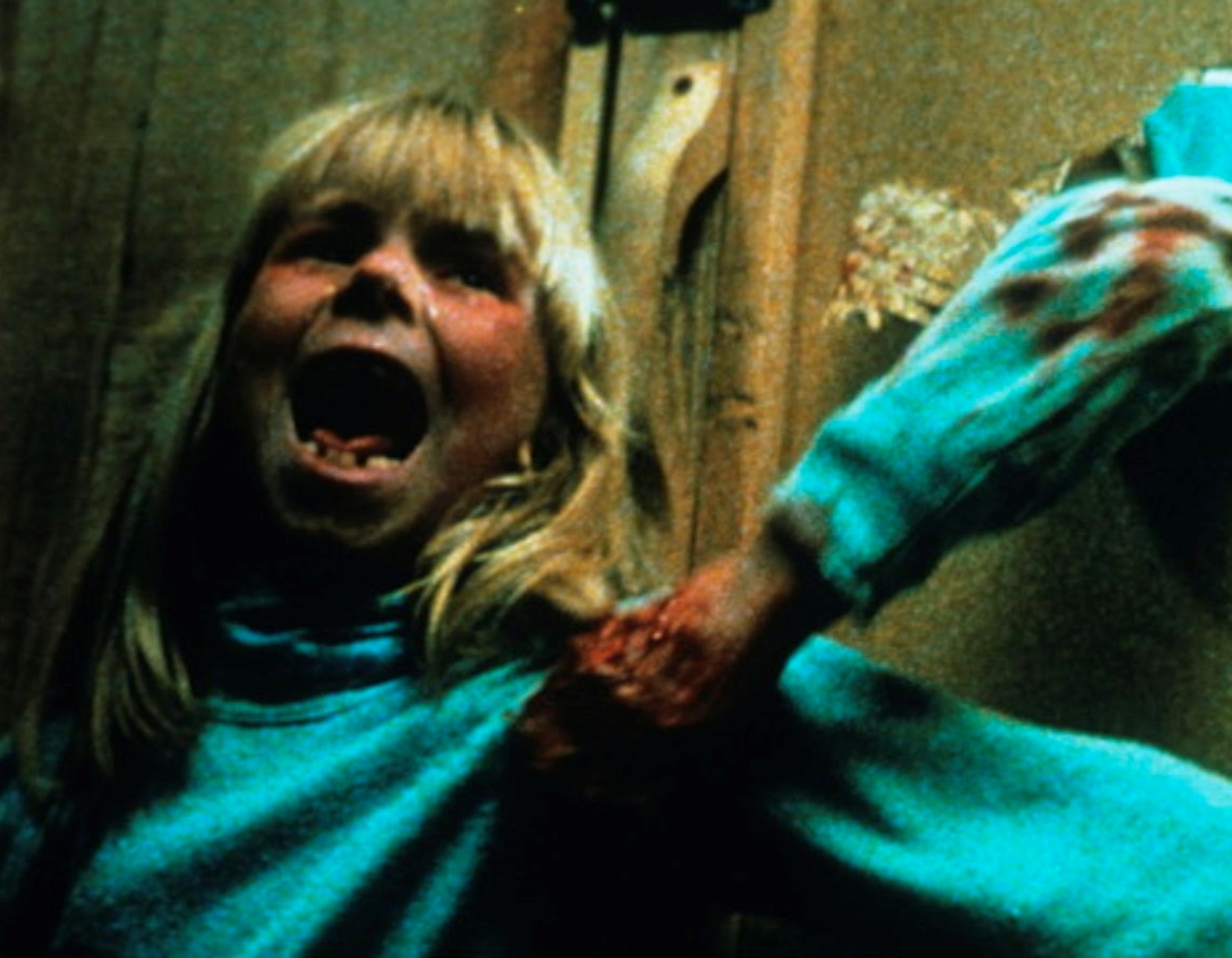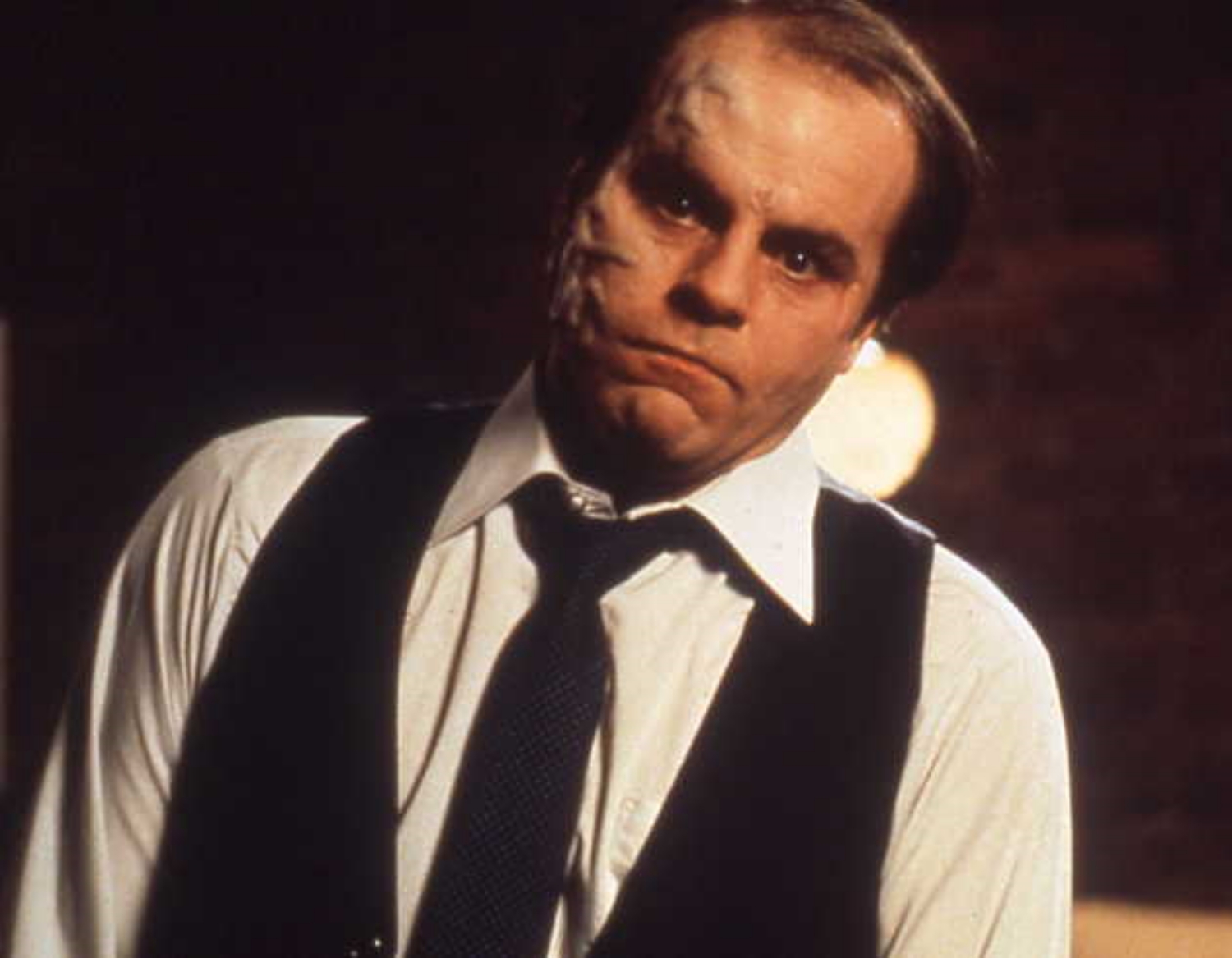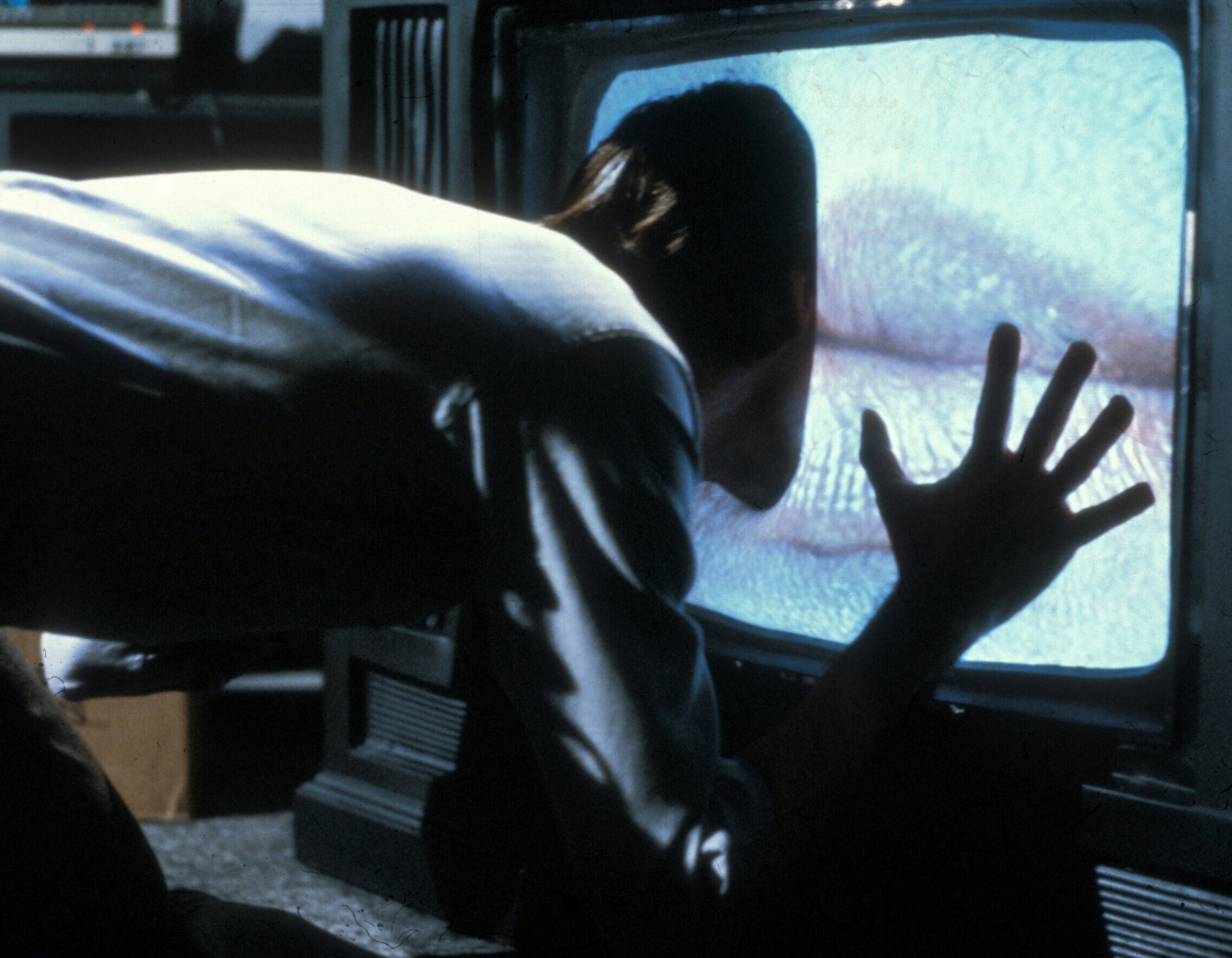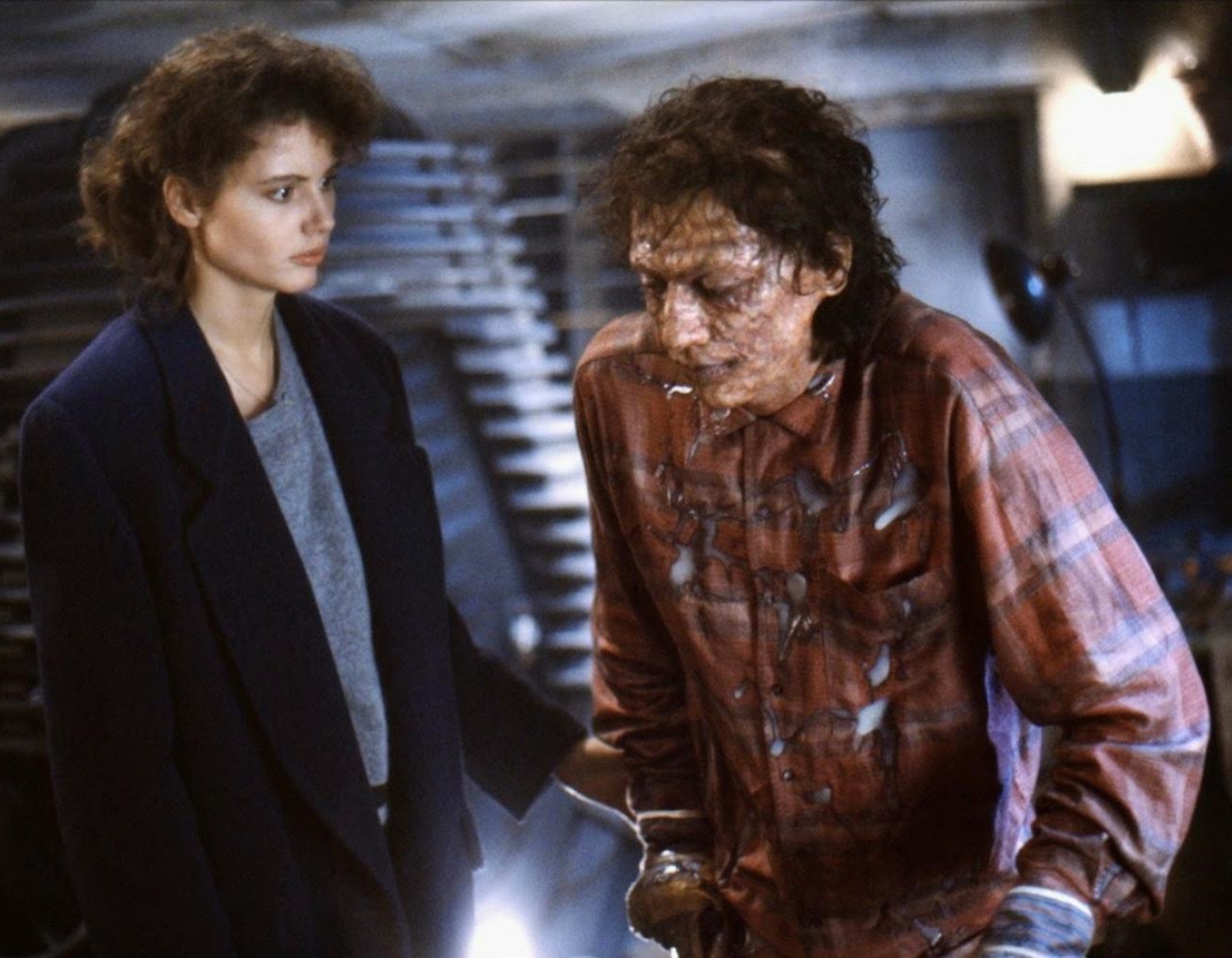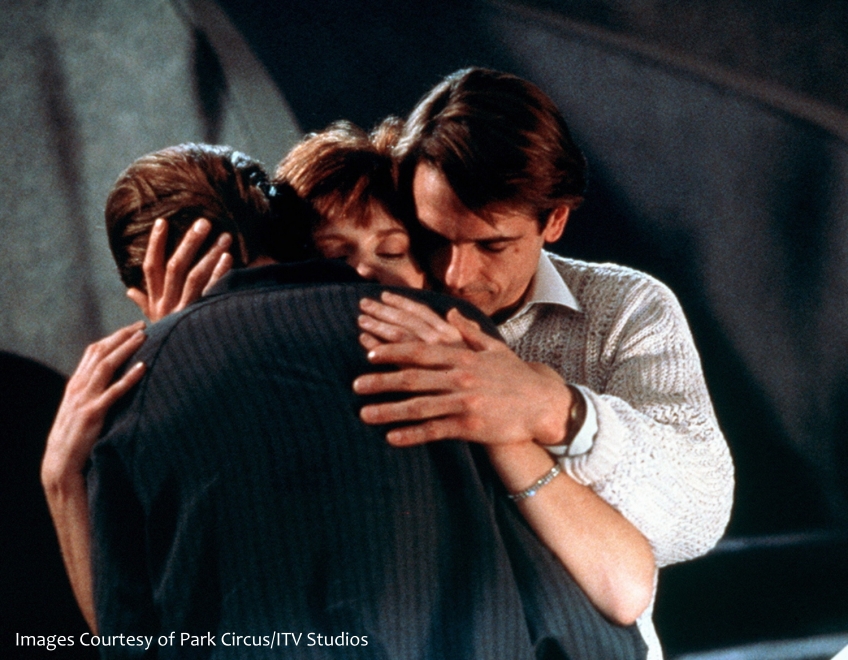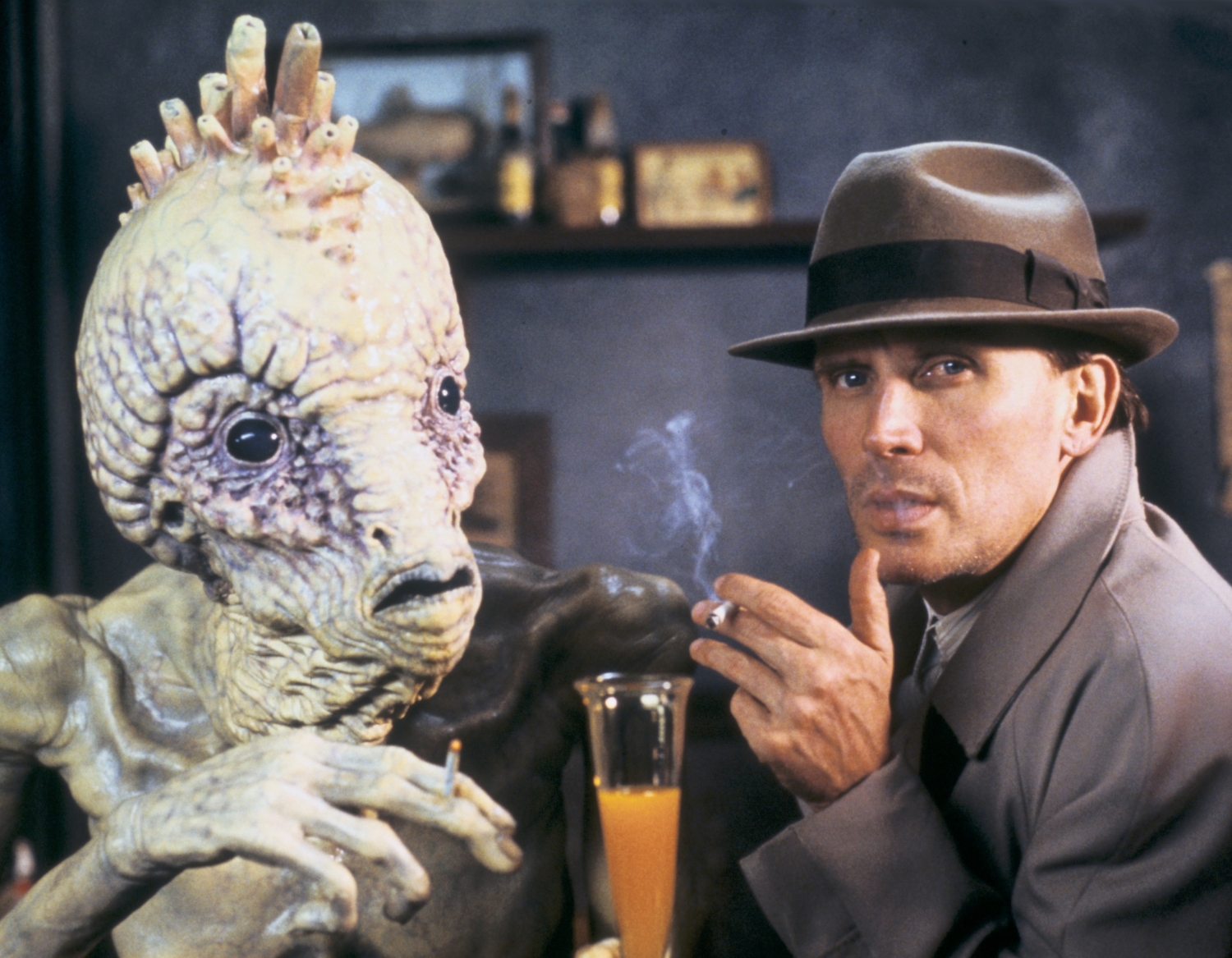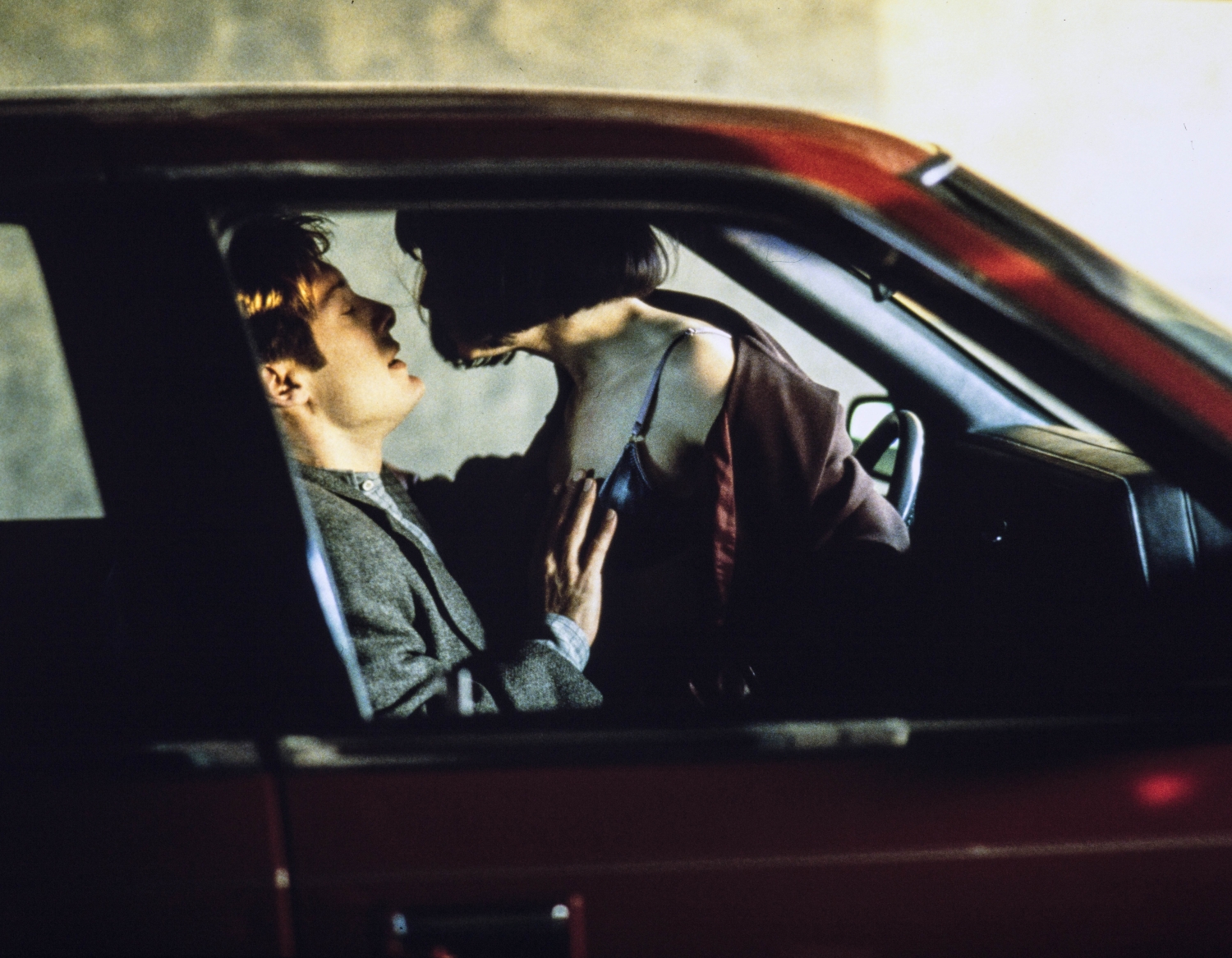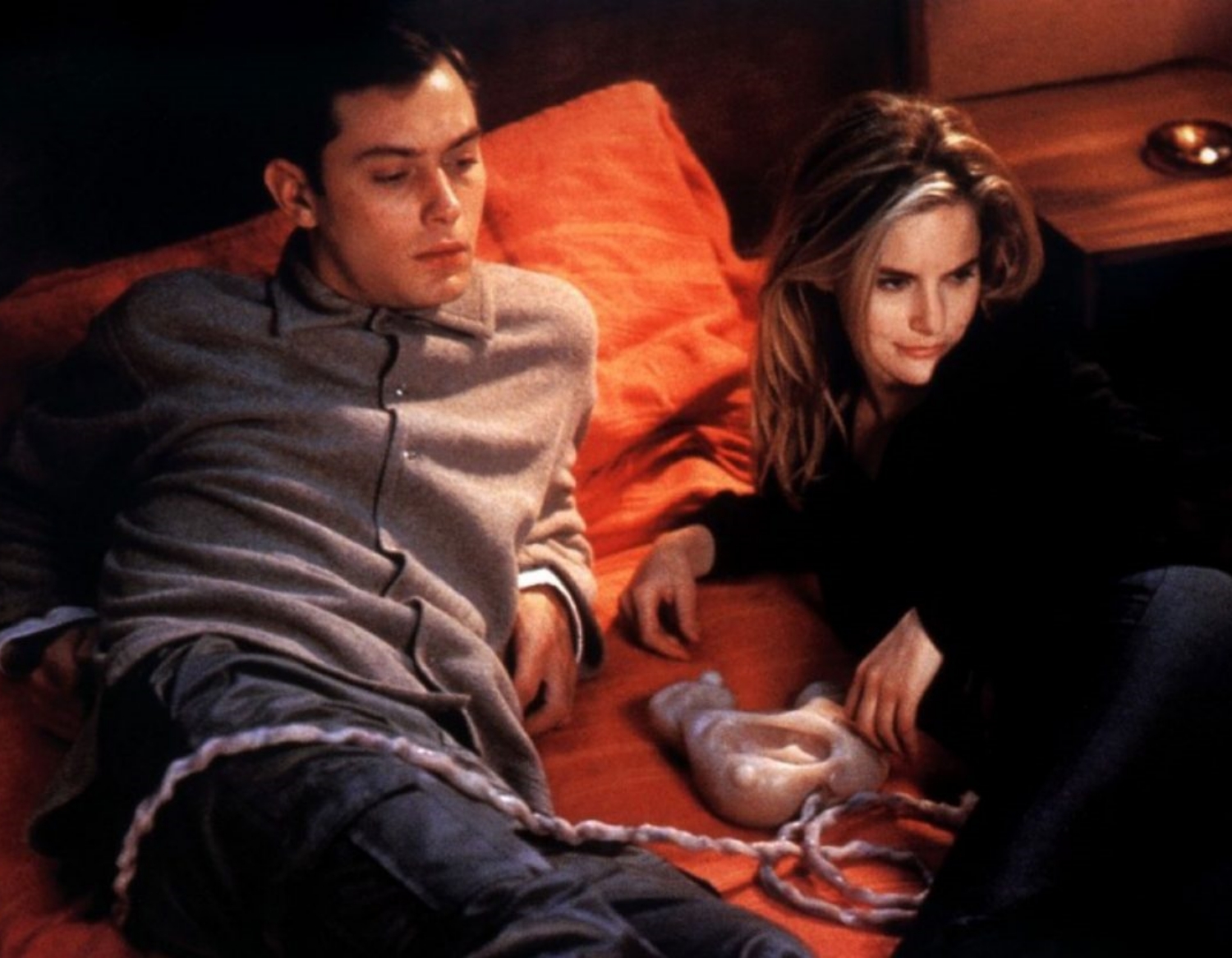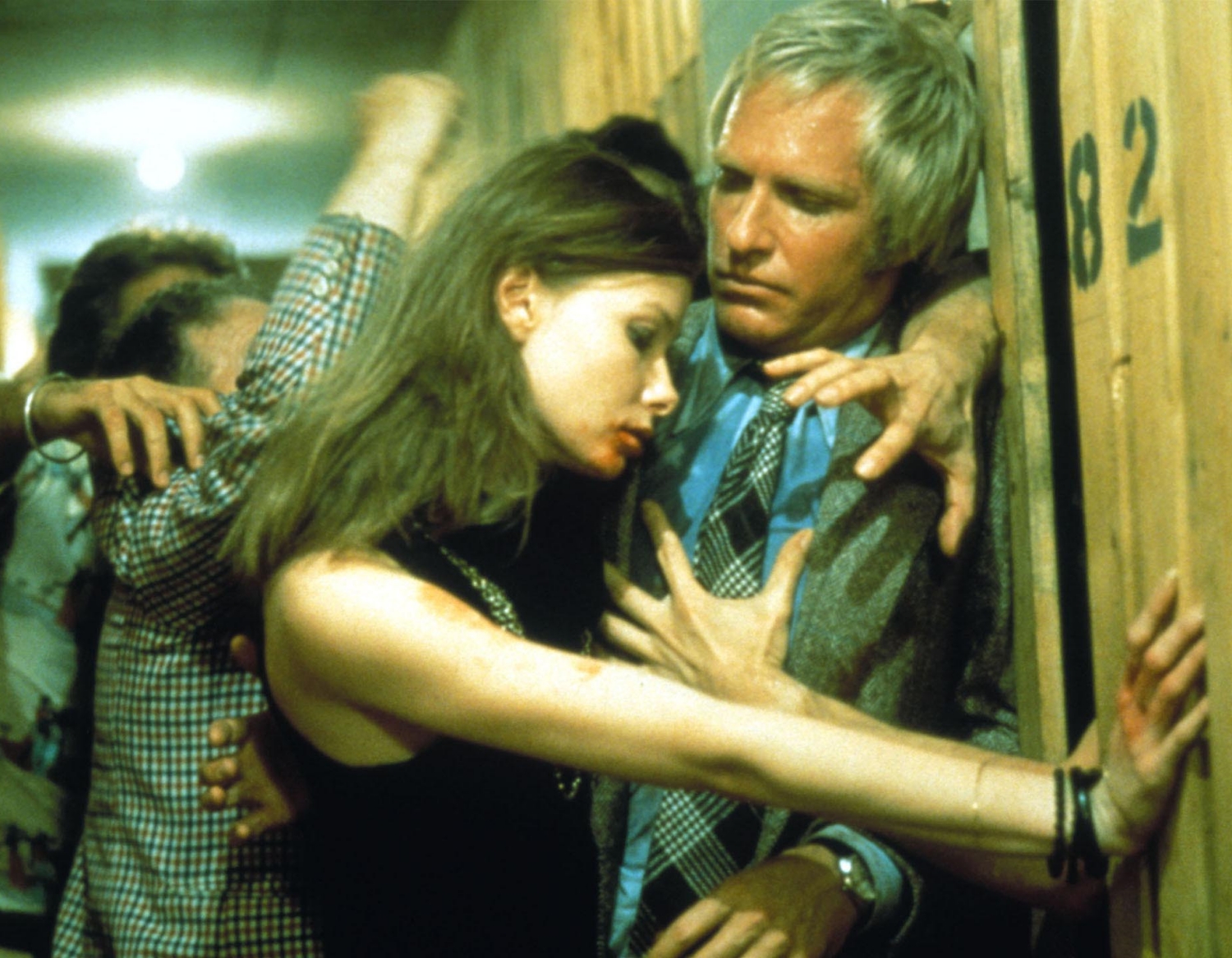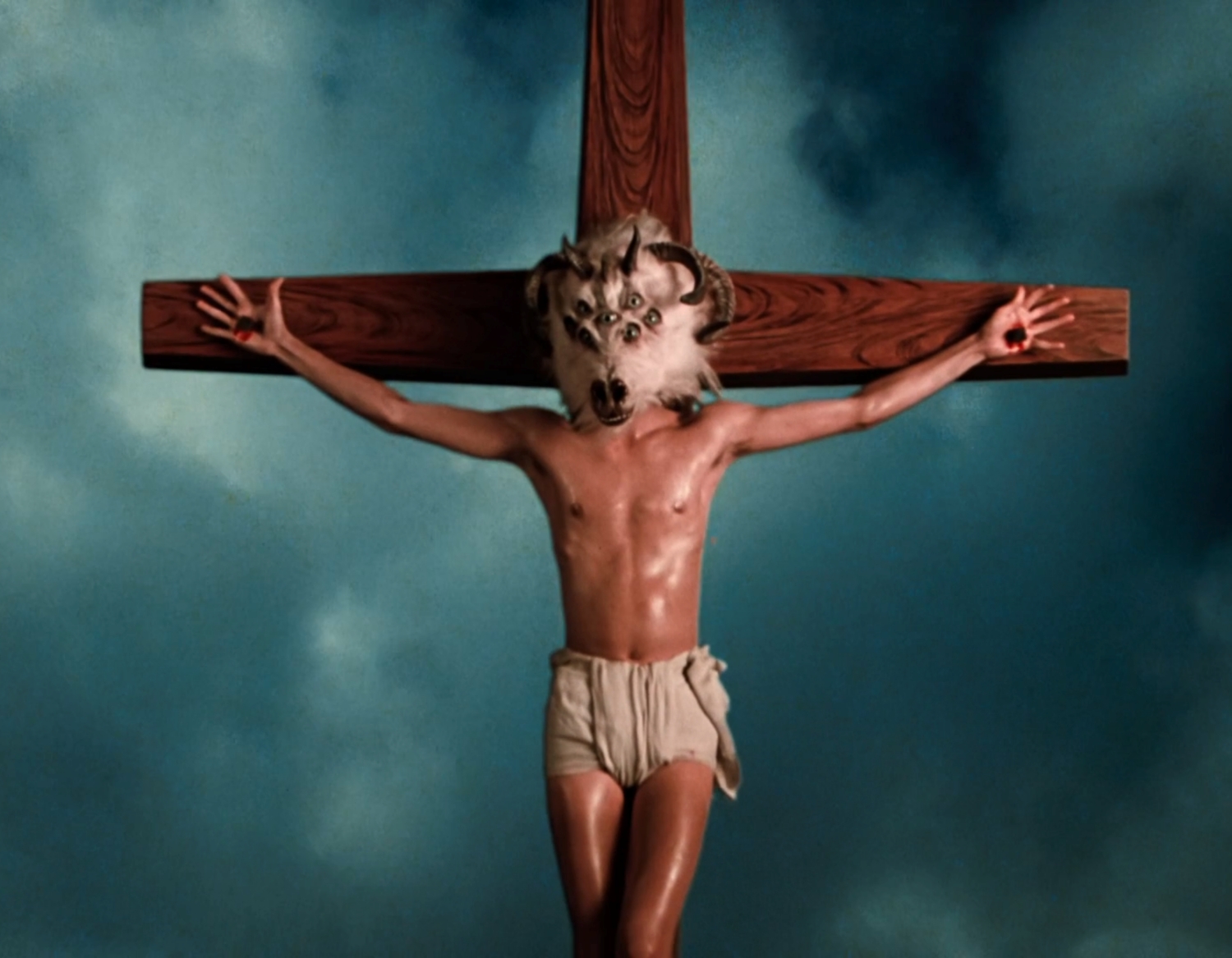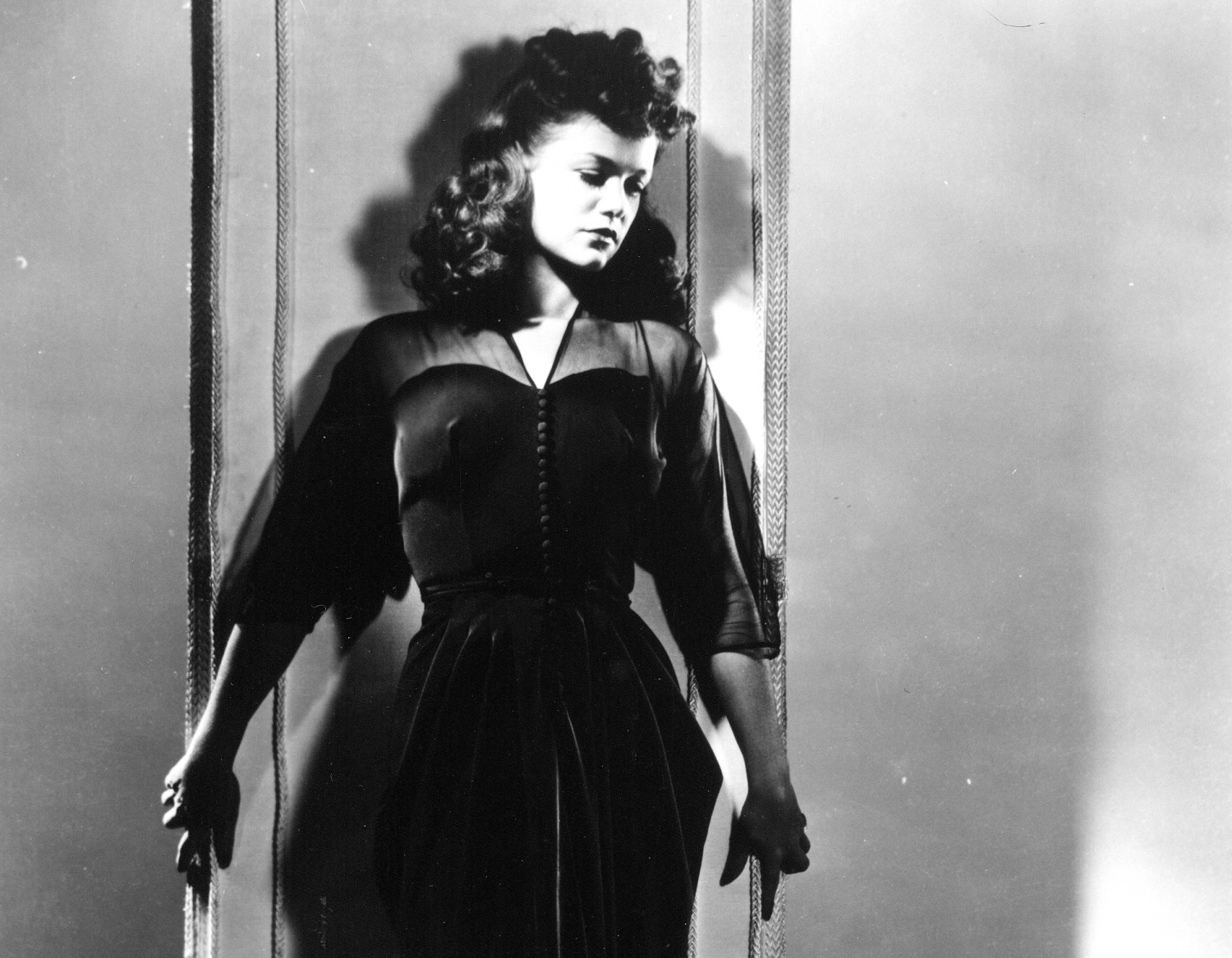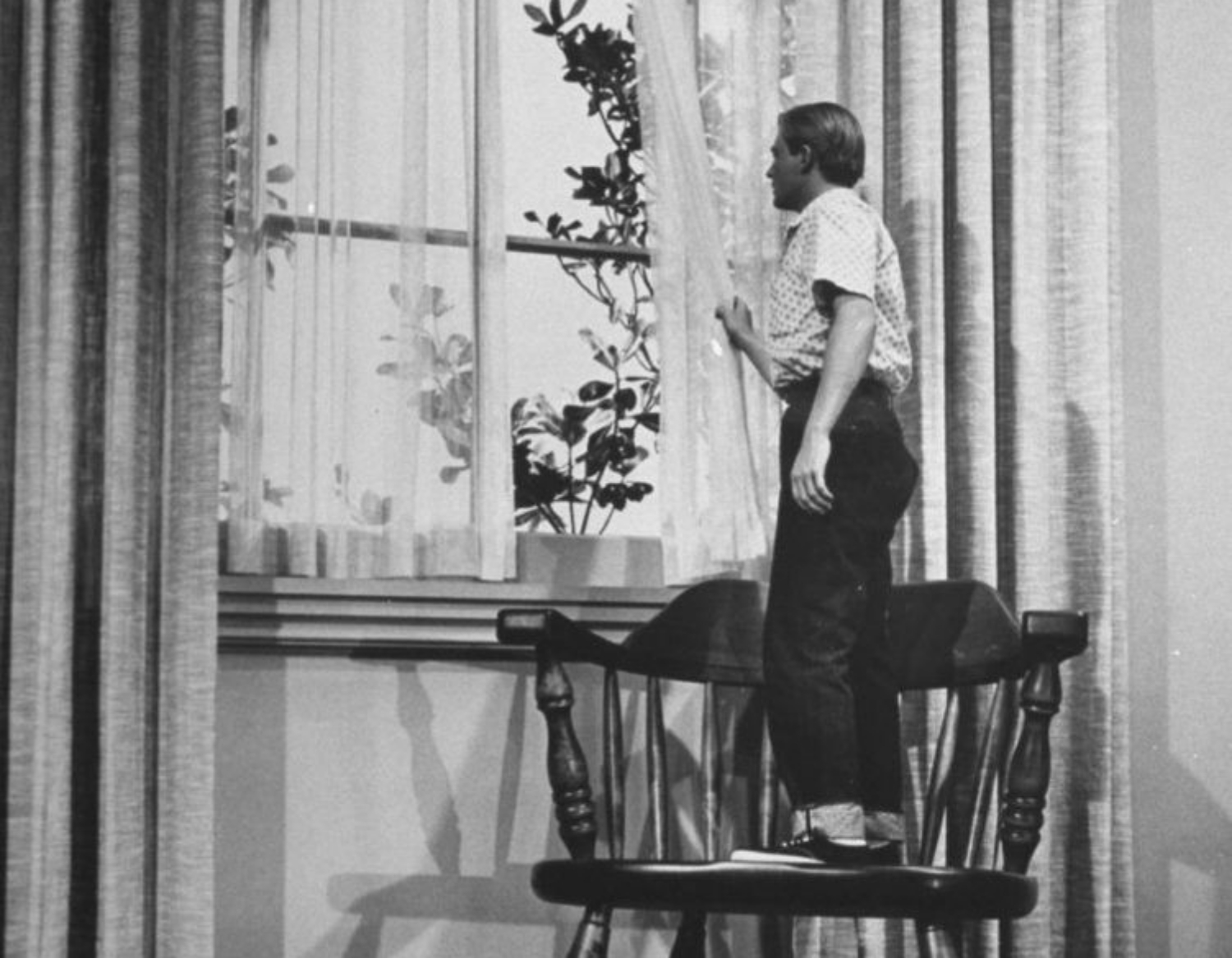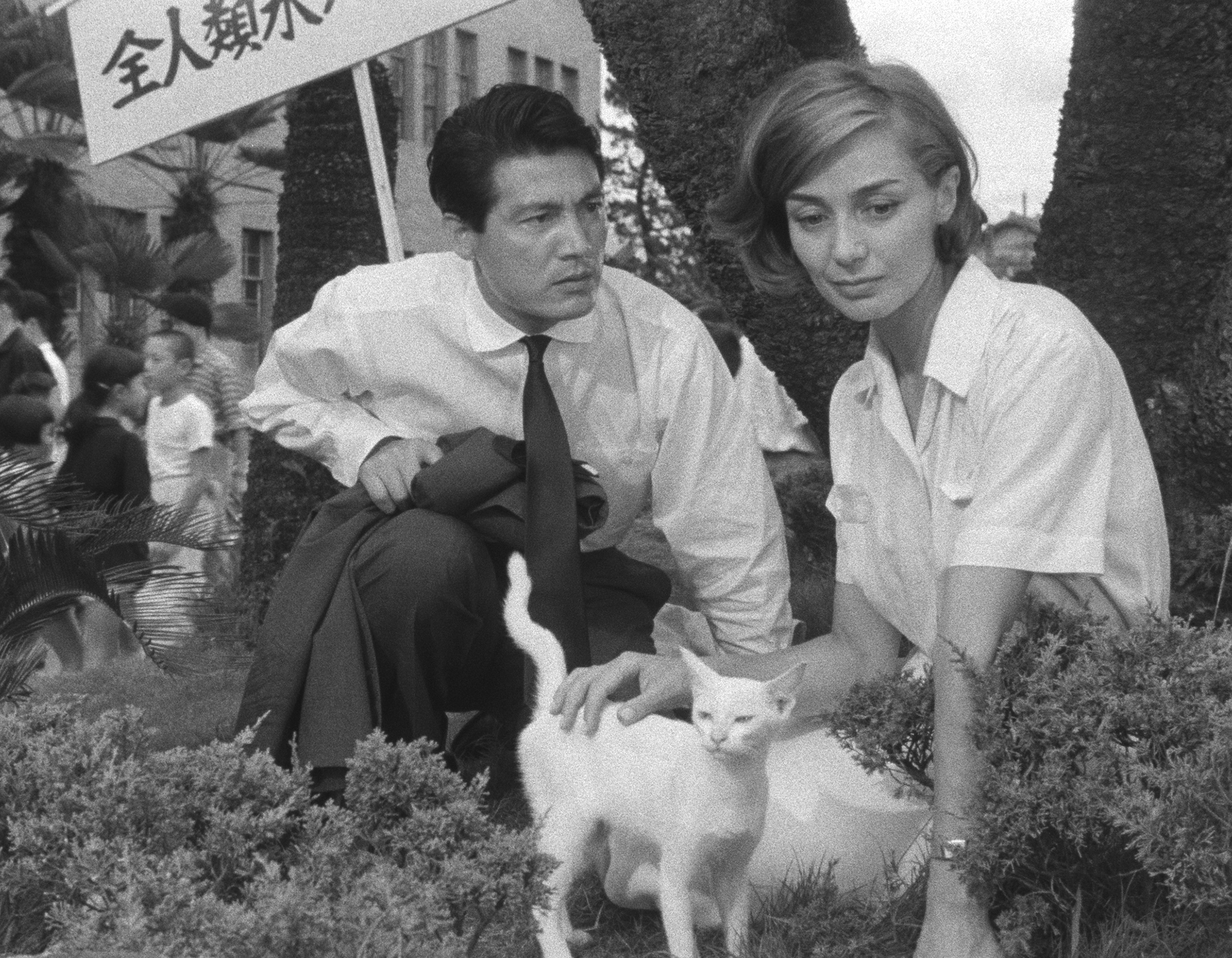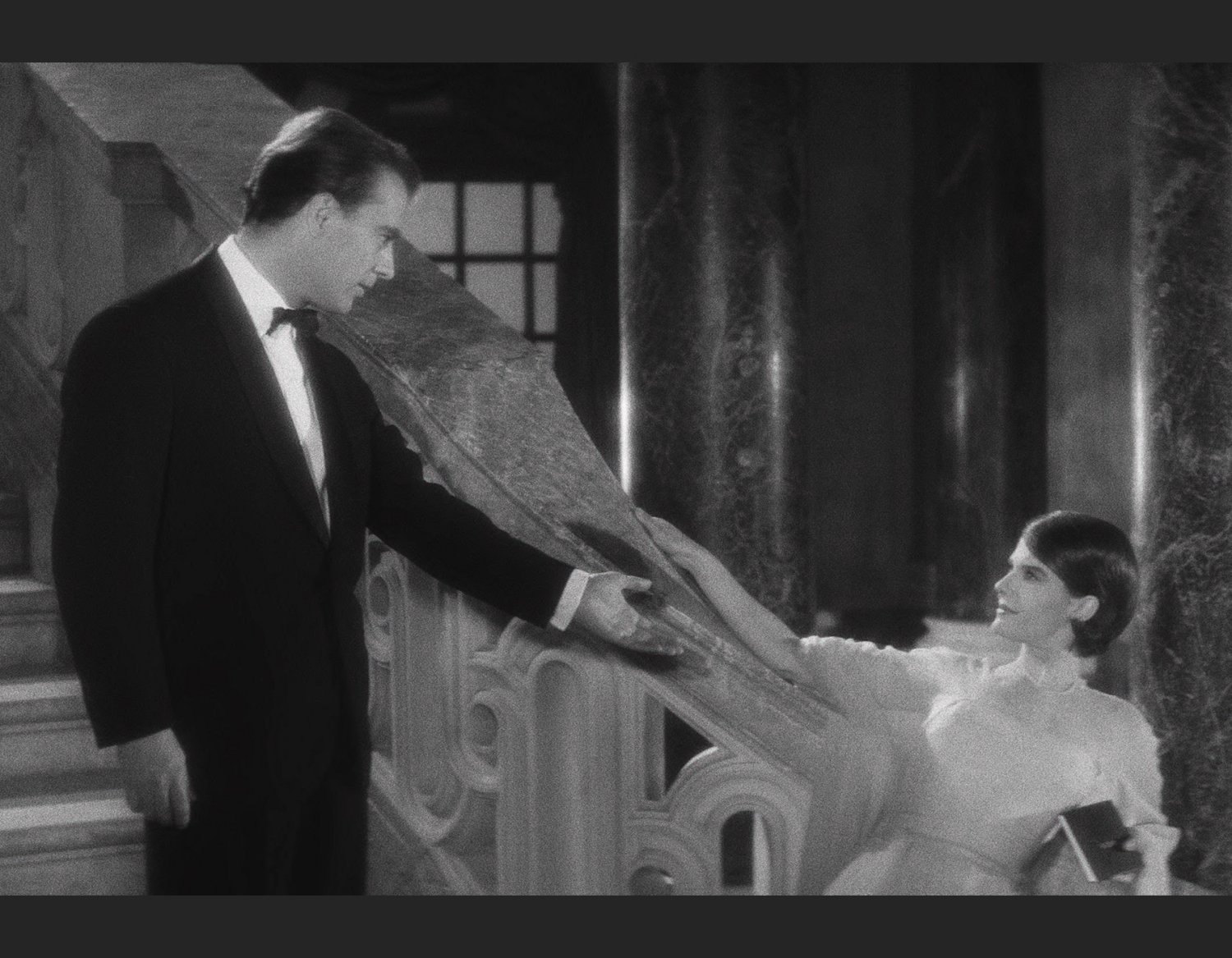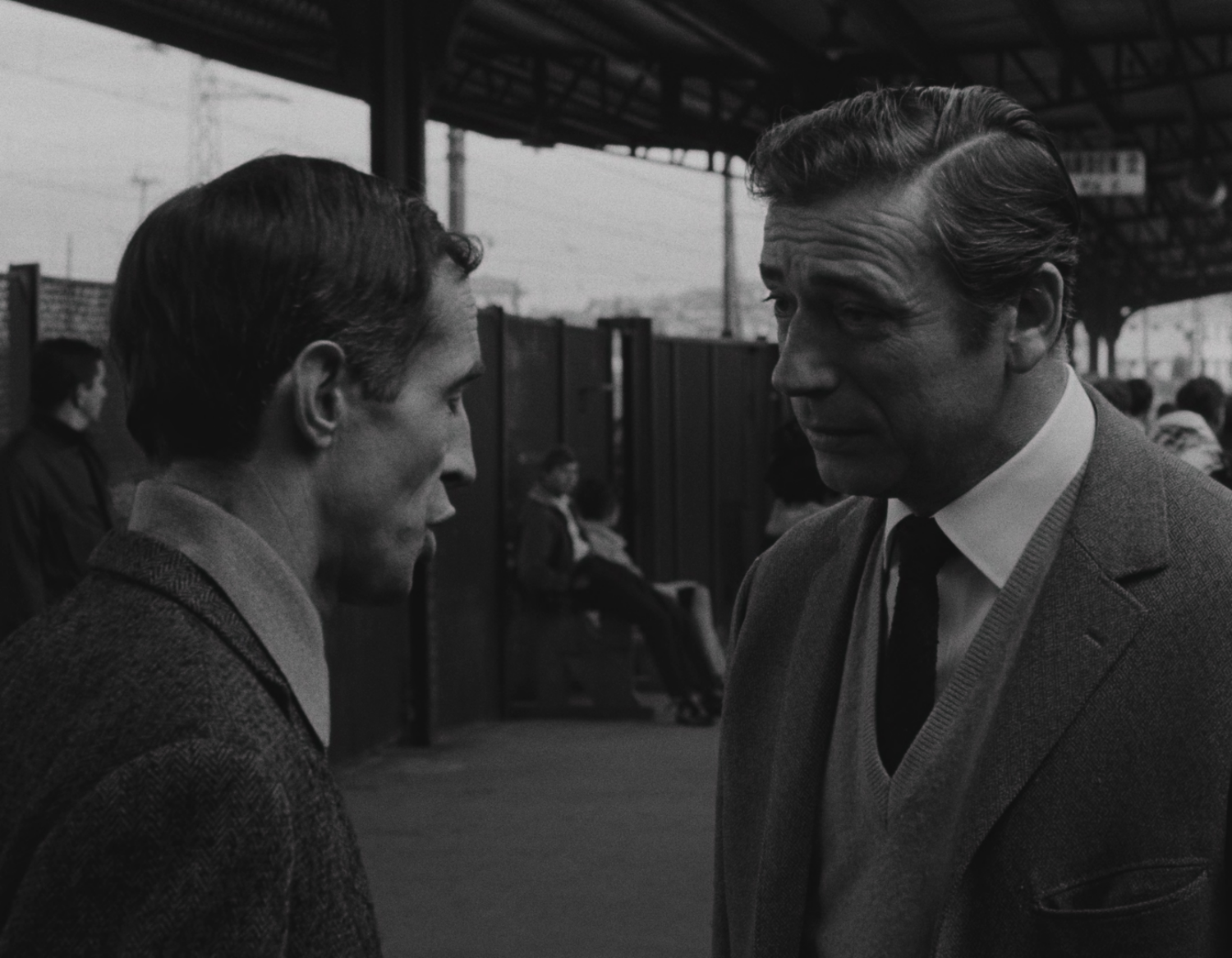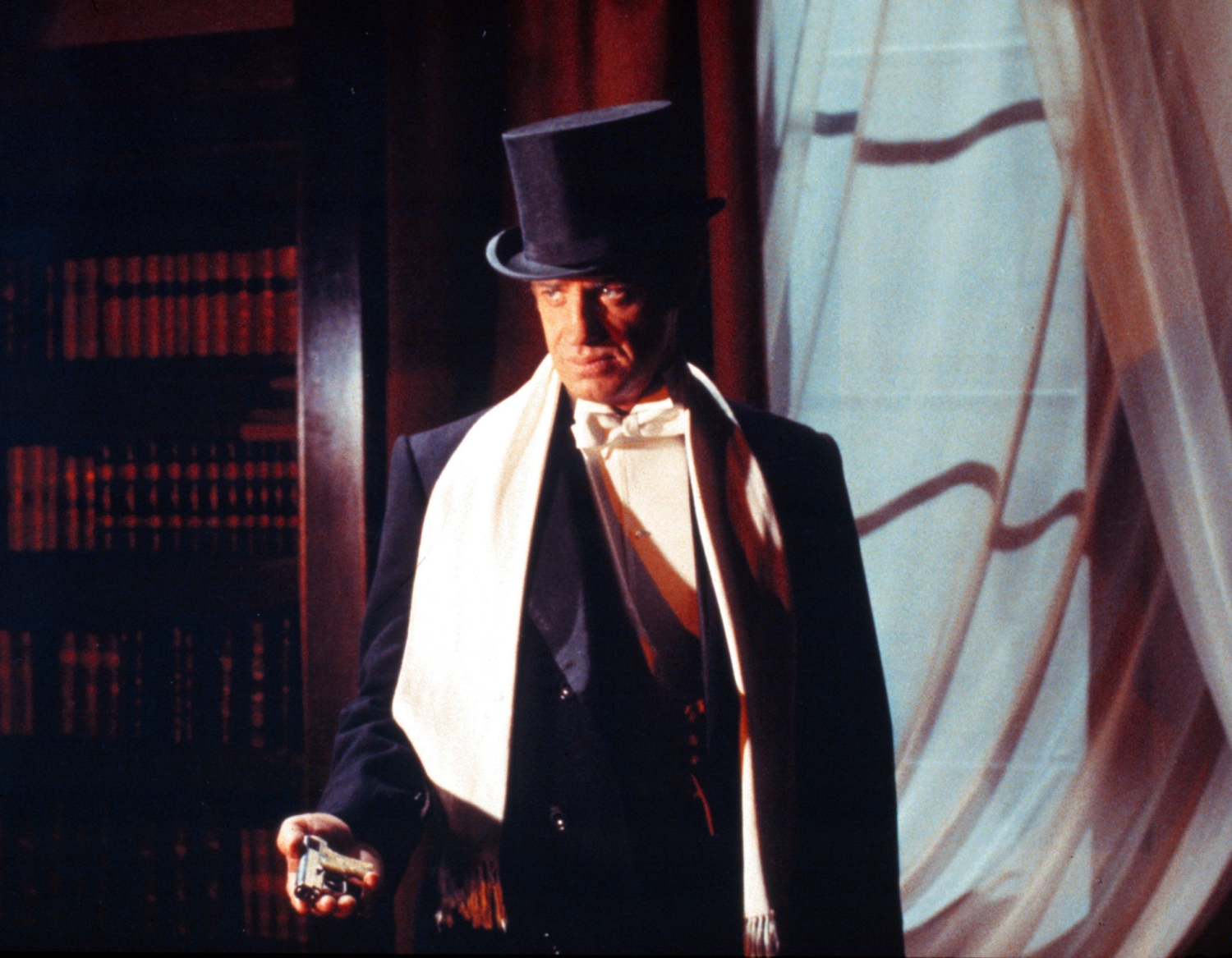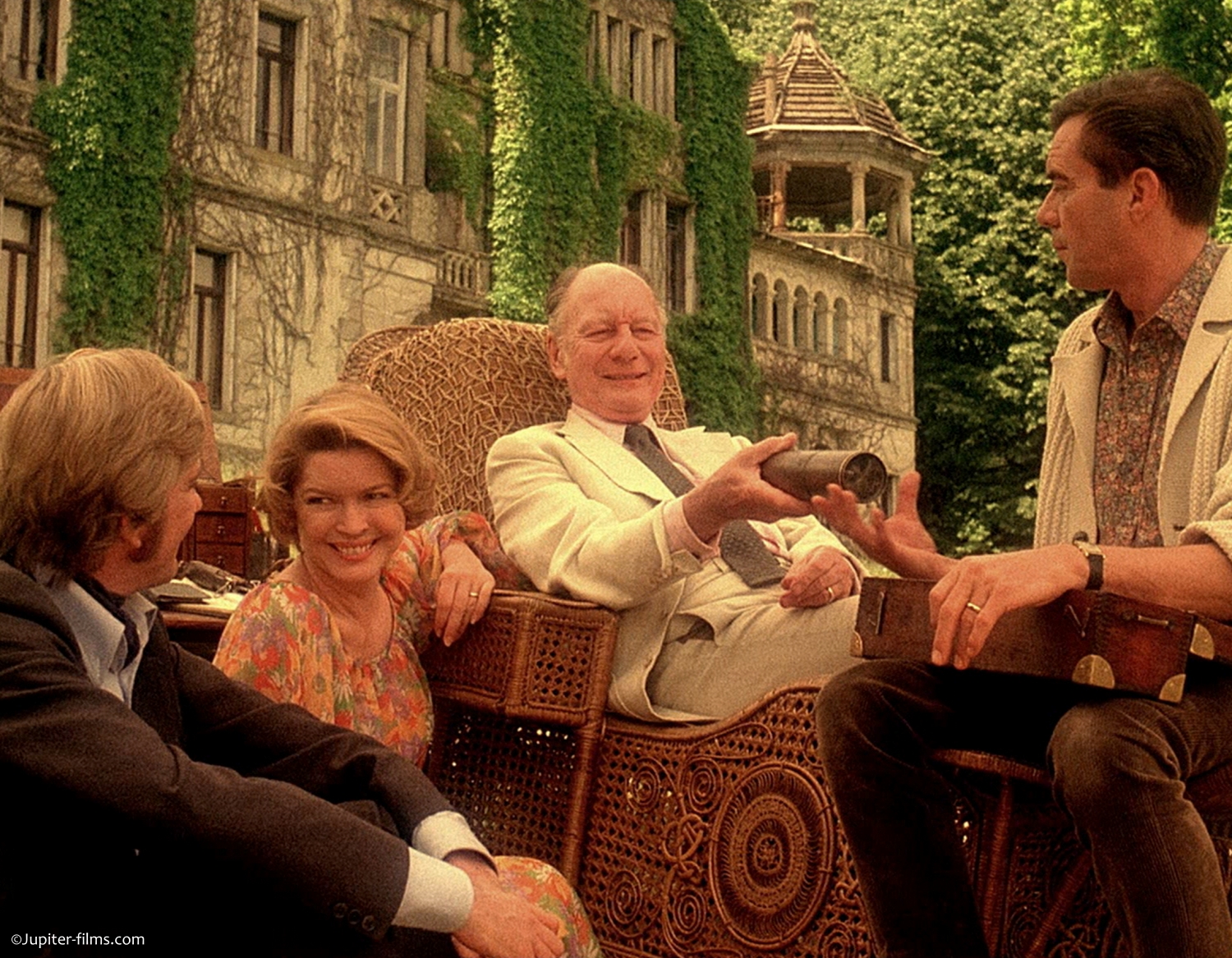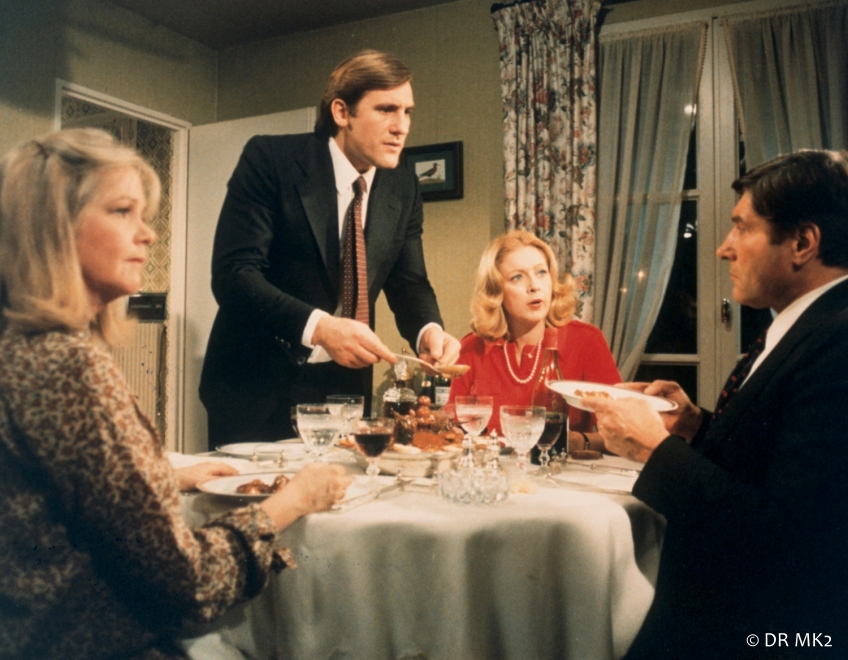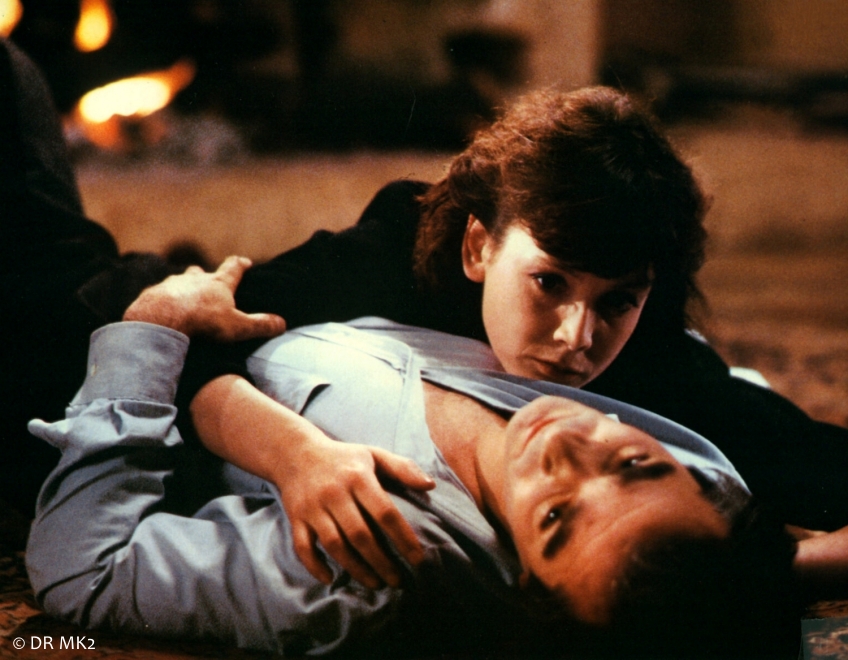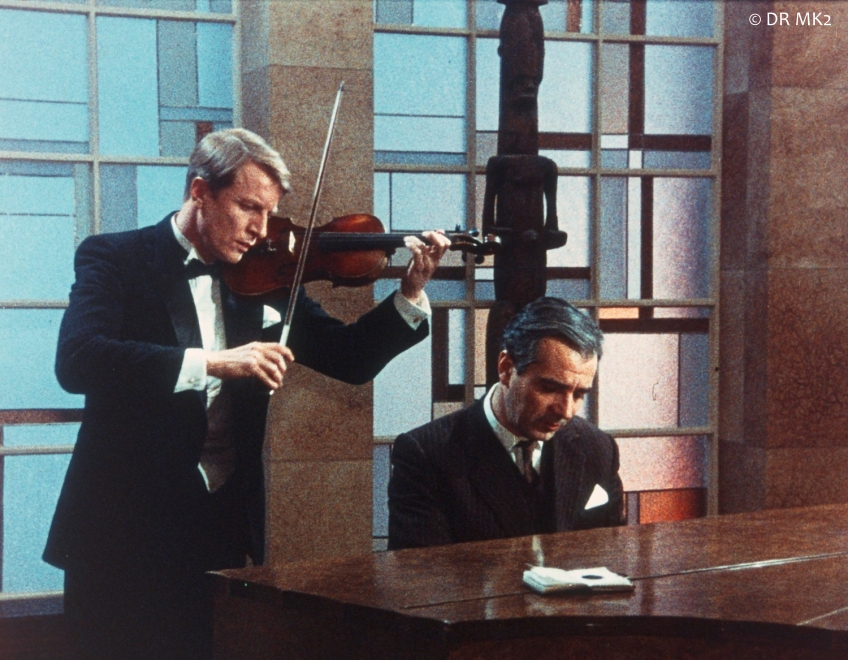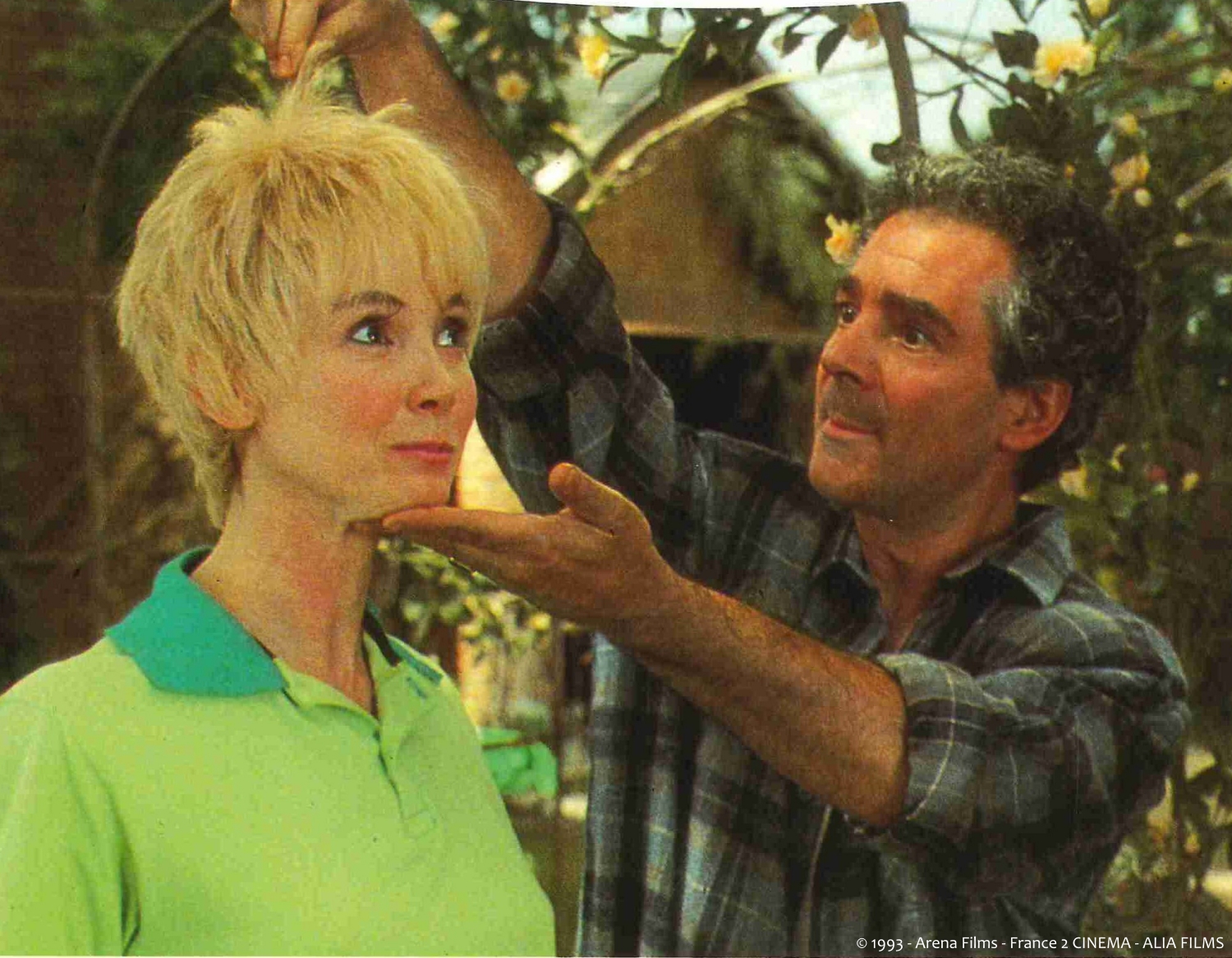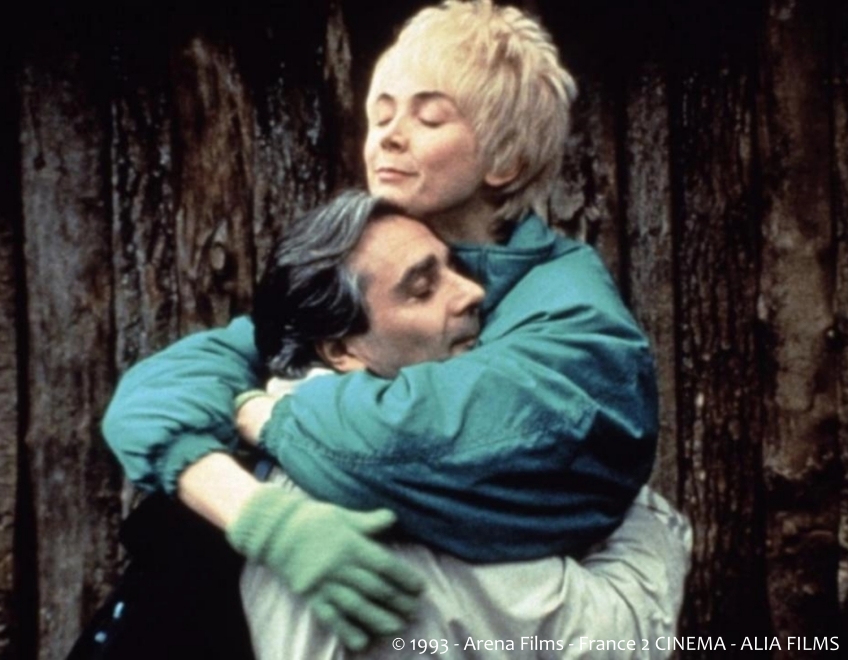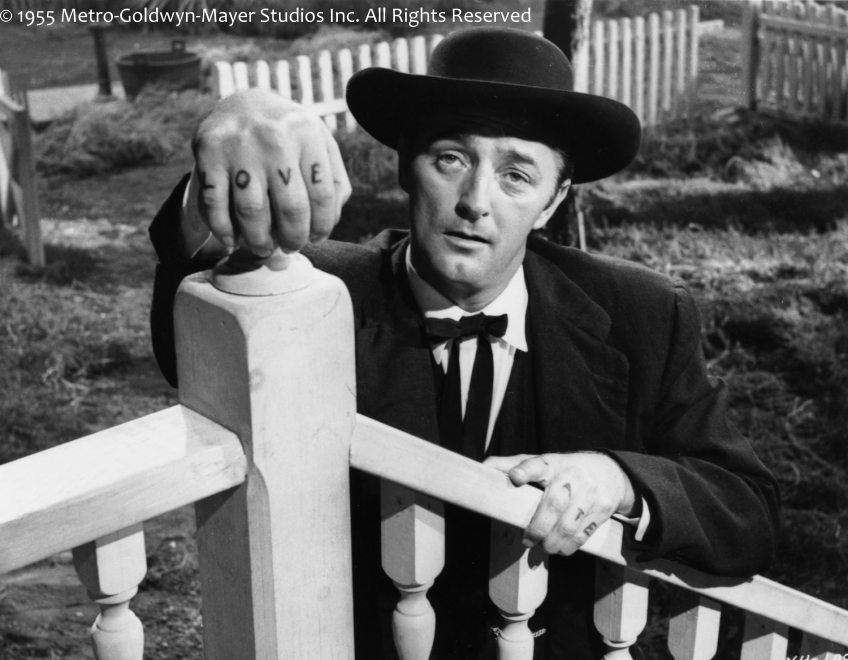2022
David Cronenberg, The Master of Body Horror
With the passage of time, the films of David Cronenberg seem increasingly prophetic: our digital world of [...]
With the passage of time, the films of David Cronenberg seem increasingly prophetic: our digital world of smartphones, Big Tech, virtual reality and the metaverse in which interfacing with technology has become an indispensable part of our lives. Uncannily anticipated in his masterpieces of body horror, Cronenberg addresses our contemporary anxieties in the process of relentless mutations in mind and body, exploring the dysfunctional utopia created by human beings.
Deeply impacted by the changes in cultural values brought about by the sexual revolution, Cronenberg posed a philosophical question that would come to define his oeuvre: what happens to man's primal instincts for sex and violence in an age of pills, computers, and machines run by big businesses? In his daunting exploration of these themes through bursts of imaginative savagery, he has remained obsessed with bringing his nightmarish visions to life.
Cronenberg's preferred genre of sci-fi horror experienced a renaissance in the post-sixties era of New Hollywood, when directors such as John Carpenter, John Landis and films like Alien explored similar themes. Different from other types of horror, the auteur's thrillers play with human's own conceptions of the body by showcasing it pushed to its limits. It is the disturbance of bodily interior that distinguishes him as the master of body horror. Along with his philosophical bearings, Cronenberg sets himself apart from Hollywood by remaining steadfastly a Canadian filmmaker, owning more to arthouse films than popular entertainment.
Its personal nature and originality notwithstanding, Cronenberg's work has always relied on the strengths of his regular collaborators such as composer Howard Shore or cinematographers Mark Irwin and Peter Suschitzky. Although from Naked Lunch onwards, the sophisticated filmmaker has become increasingly recognised as a master of adaptation working with challenging literary material that - however faithful to the originals - he manages almost invariably to make his own.
Programme Partner

The Taste of Cult
The Golden Age
Alain Resnais - The Meanderings of Memory
"It is there. It is not there. What we see cannot be nature. And yet it must be." If replacing "nature" with "memory", French poet Henri Michaux's musing matches impeccably with Alain Resnais' (1922-2014) films.
The elusiveness of memory is a theme that haunts, and transcends, every Resnais film. The great modernist director's obsession with time, memory, and how the past lives with the present becomes an impetus that led him to an extraordinary adventure in the cinema of ideas, and in the idea of cinema. Yet, the auteur always refused the word "memory"; apropos his work; I'd use the word "imagination" he declared. This perspective connects him with 17th century philosopher Thomas Hobbes, who in Leviathan defined Imagination as nothing but "decaying sense"; when we would express Decay, and signify that the Sense is fading, old, and past, it is called Memory. To Resnais, films are simply to capture and freeze the "decaying sense", approaching reality through the imagination, or, approaching the imagination through reality – and that makes his films ever so profound and mesmerising.
Poetic imagery, exquisite composition, labyrinthine structure, captivating montages and searching camera; Resnais' "tricks" are far more than what Pauline Kael perceives as "beautiful diddles". The past melded with the present; lost love wound intertwined with wartime scar; life transcended with death; and even a simple choice between smoking and not smoking these amazing and often contradictory concepts of characters or senses are embodied in an unconventional cinematic language blending Nouveau Roman, theatre and music.
Unfolded like fascinating, elliptical puzzles, his films are imagination that is neither realistic nor unrealistic, but simply the sum total of our cognitive, and subconscious. It is precisely this astonishing dialectic between experience and memory that gives life to his films. His visionary experimentation are attempts at approaching the complexity of thought in our comprehension of the world, and even conceiving a whole new universe of sensory experience.
On his passing eight years ago, we paid tribute to the French master filmmaker in a specially curated programme "Alain Resnais: The Labyrinth of Time and Memory I". This year, on the 100th anniversary of his birth, we bring his singular cinema back. He is not here; yet he is always here.

